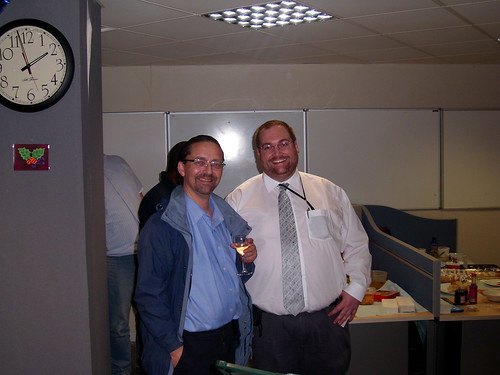Ofgem has just blown the Net Zero lie wide open
Ofgem #Ofgem

Buried in the news this week has been the launch of a consultation by the energy regulator Ofgem on future (2026-31) price controls for the gas and electricity grids. These are the pipes and wires in the ground, the pylons, substations, and smart balancing services required to deliver security of supply, such that when you flick a switch or tweak a thermostat, you receive instant power or heat.
The structure of RIIO (Revenue = Incentives + Innovation + Outputs) defines how much we, households, and industry, will contribute towards maintaining that security while delivering the infrastructure of a Net Zero transition. That requires networks which can cope with a doubling to tripling in the demand for electricity, while the sources of power are dependent on the weather.
It will not be cheap: the electricity investment required alone was forecast at £54bn last year. While the political winds are shifting towards decommissioning the gas grid (which 85 per cent of us rely on for heat), with a loss of faith in hydrogen solutions to continued use. Around 20 per cent of our energy bills are already contributing towards grid costs, and this can only rise. RIIO decisions will determine by how much.
The regulator has also set out their “Centralised Strategic Network Plan” for the “Future System Operator” to develop a “strategic spatial energy plan… to co-ordinate generation and transmission infrastructure in time and space”. This isn’t a preview of the Doctor Who Christmas Special, but about “locking in” investment for 12 years, and planning a further 13 years to 2050, when we are supposed to have a Net Zero economy. This in brief puts energy companies and officials in the driving seat for reducing investor risks, at our expense.
Ofgem is so confident of the Future System Operator’s ability to navigate this path over a period five-times longer than the Soviet Union’s most delusional planning horizon, that they have refused to countenance any scenario in which Net Zero doesn’t happen.
The system is not without market mechanisms, and nods to efficiency. It still encourages providers to compete to hit annual or multi-year targets. But this zealotry means that when it becomes self-evident the targets won’t be met, or creates unexpected blackout risks, there will be significant pressure to raise incentives and rush through dodgy projects. No outcome but success is acceptable, regardless of the trade-offs.
Energy privatisation in the 1990s was supposed to have addressed this problem, with competition driving down costs by 30-40 per cent in the next decade. The introduction of climate ideology to the mix however has subordinated private enterprise to public choice. For example, regardless as to whether gas grid decommissioning is wise in the context of available affordable alternatives in the 2030s, we will see it forced through, because there is no contingency. This will mean the costs of providing storage tanks or forced conversions on isolated properties falls on bills.
Those onboard the grid gravy train will think this marvellous. For the rest of us, though, it’s going to be like buying their kids an Xbox every year at the expense of our own. Your bare tree and cold flat will be their second skiing holiday. Those “temporary” energy price spikes last year will be locked-in, and the mythical affordability of renewables has less chance of showing up in your bills than Santa in your decommissioned chimney. You will be paying more to get less, less reliably, and if the intermittency problem can’t be addressed, then still expensively contributing to global emissions as we are required to maintain a fleet of gas turbines on standby.
Broaden your horizons with award-winning British journalism. Try The Telegraph free for 1 month, then enjoy 1 year for just $9 with our US-exclusive offer.